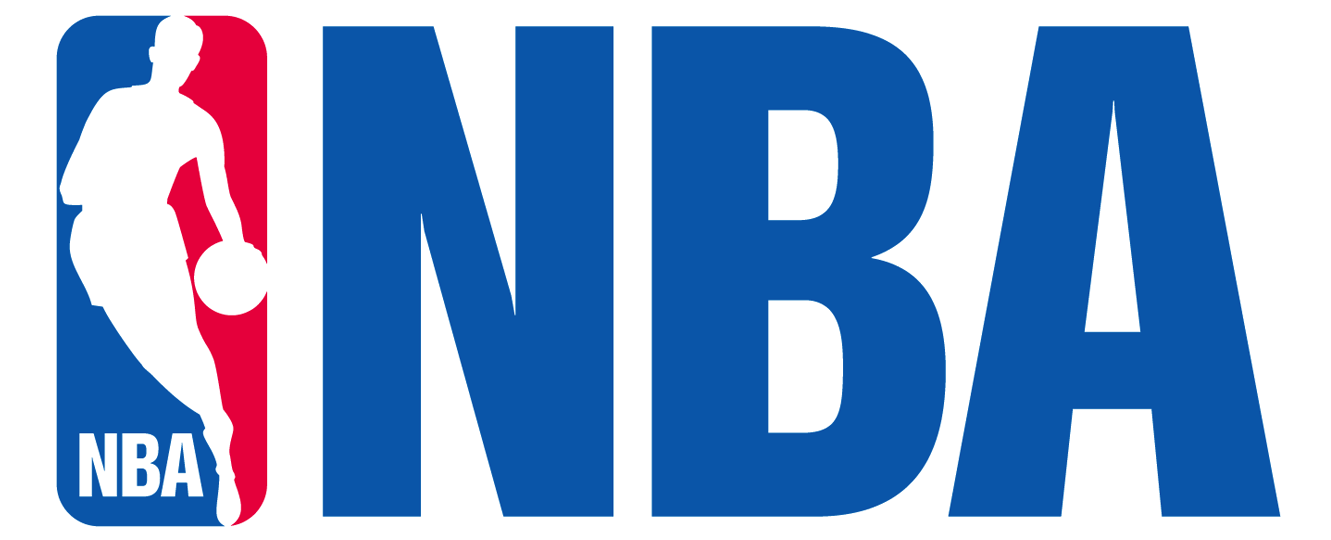By Dennis Shepard, Co-Founder
Not so long ago, the elements of a recent pro basketball player’s actions probably would have generated a few worrisome and negative headlines. “NBAer stalks, hurls anti-gay slurs at ref.” “Pro basketball probe into gay slur drags on into 2nd week.” “Gay NBA ref outs self, cites at-risk youth.”
But this week, those very same actions appear in a much more optimistic, forward-looking light. While what’s described above all still happened, it’s the responses by the NBA, its personnel and pro basketball that have illustrated the LGBTQ+ community’s continuing progress toward true acceptance.
To recap: 18-year-veteran NBA referee Bill Kennedy called Sacramento Kings guard Ron Rondo for consecutive technical fouls in a Dec. 3 game in Mexico City — a game-ender for the nearly $10 million per year star player. Rather than immediately vacating the court as required, Rondo instead stalked Kennedy far across the court while berating him as “a mother——- faggot.” The player eventually was restrained and hauled off by teammates and security.
The NBA immediately launched a thorough investigation, interviewing witnesses, reviewing tape and consulting its policies — and conscience. It took more than a week but produced a detailed, practically airtight report. Rondo lost $86,300 worth of game time, the first-ever NBA suspension for an anti-gay slur (despite two previous known cases).
But beyond the suspension, two resulting actions stand out as measurable steps forward for LGBTQ+ people and their allies.
First, the ref came out as a proud gay man who wanted young gay men and women in sports to never feel ashamed of who they are. Kennedy is the second NBA ref, and the first male one, to publicly affirm his same-sex orientation.
Second, he did so with the immediate and thorough backing of the top executive of a major American professional sport — a scenario some may still consider unthinkable in other high-profile sports leagues.
Without much visible public pressure or coercion, Commissioner Adam Silver and others in positions of power within the NBA took the correct steps to address an offensive and harmful event and imposed consequences for blatant hate speech. And Kennedy, for his part, was empowered to live openly and authentically by the NBA and its fans.
The NBA has shown a marked and steadily increasing sensitivity and sense of purpose toward LGBTQ+ equality in the sport and in the broader culture. In October 2014, the Foundation honored Jason Collins with its “Making A Difference Award” for his courage to come out as gay while playing in the NBA, making him the first active player to do so. In his interview for our youth blogging and resource site, MatthewsPlace.com, Collins said:
“People in positions of authority need to constantly remind people what is and what is not acceptable language. If there is something that doesn’t speak to inclusiveness and supporting people for who they really are, you need to let people know that the behavior isn’t acceptable.”
Collins notably did not qualify his remarks as pertaining only to “sports” or to any other segment of society. And the blanket condemnation of Rondo’s outburst, and acclamation of Kennedy’s disclosure, follow that pattern. Washington Post sports writer Tom Bontemps asked NBA coach Gregg Popovich if he was surprised by Rondo’s comments.
“Why would I be surprised?” Popovich responded. “You see it all the time. It’s unfortunate, it’s disgusting, because Billy is a great guy, and has been a class act on and off the court. As far as anybody’s sexual orientation, it’s nobody’s business. It just shows ignorance to act in a derogatory way toward anybody in the LGBT community. It doesn’t make sense. But surprised, of course not.”
Kennedy “showed a lot of courage,” Popovich added.
One last grace note in the NBA’s response: it’s not patting itself on the back as if its work in this arena is done. As the commissioner noted in his statement praising Kennedy, “while our league has made great progress, our work continues to ensure that everyone is treated with respect and dignity.”
“Everyone” is the key word there — and everyone has a choice not only how to speak to and about others, and about how to react when someone else crosses the line, but also how to set an example for everyone about what is and is not acceptable.

